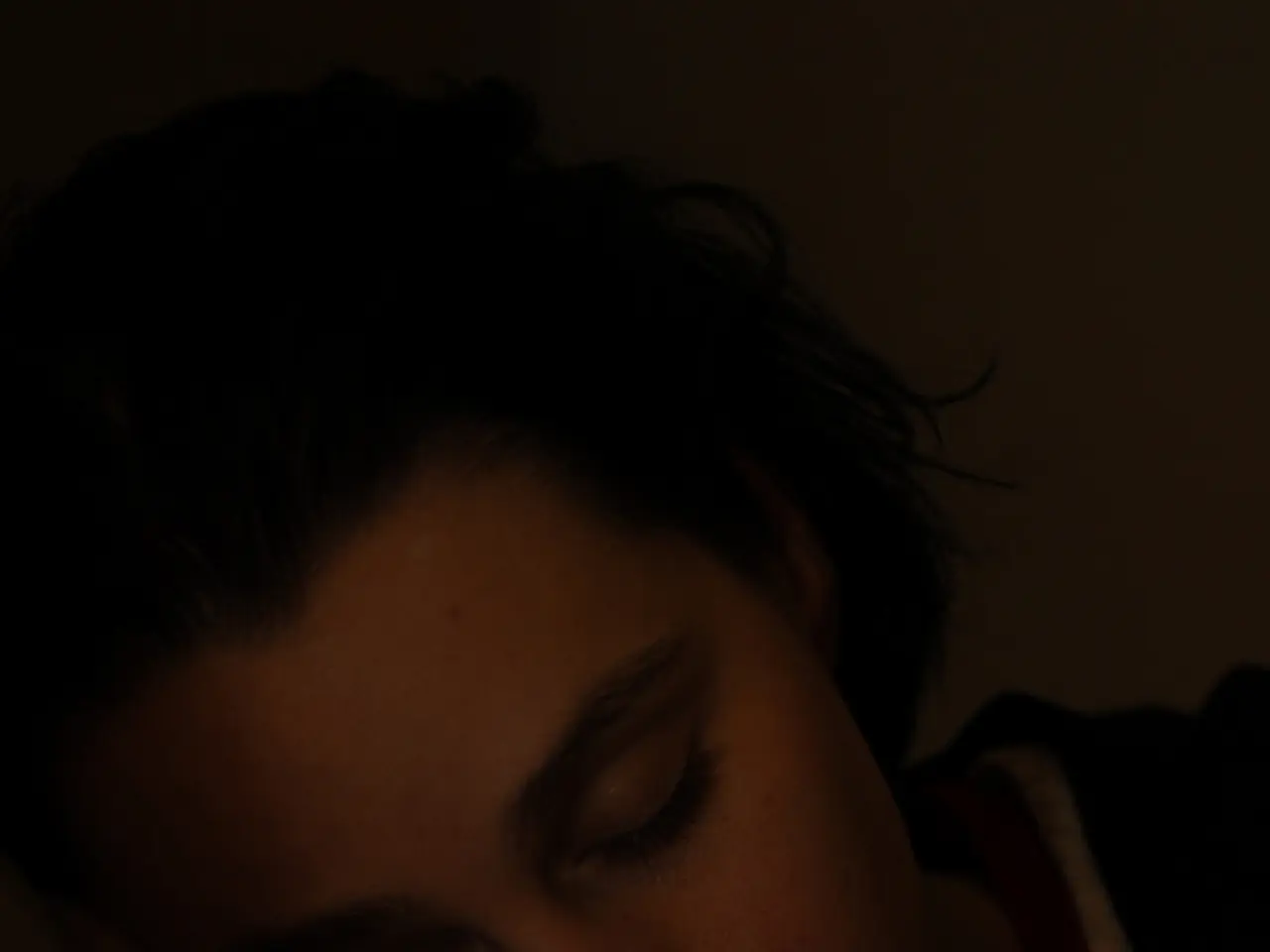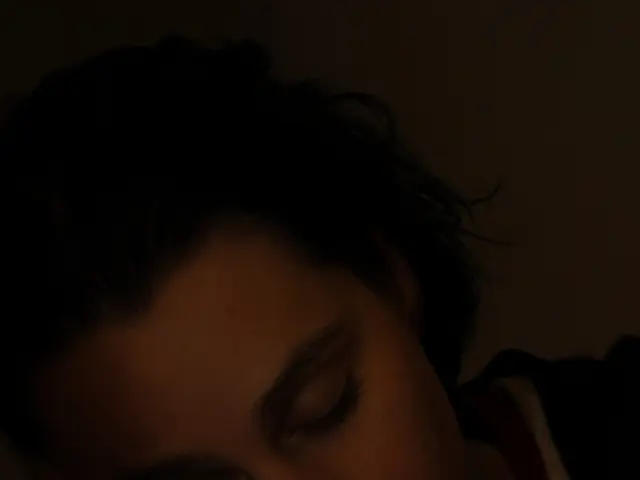Can CBD Assist in Improving Your Sleep Quality?
Going after a peaceful night's rest can be a real challenge for many, with one out of every three adults in the U.S. reporting sleep issues. Some folks have tried out sleep apps, supplements, and now, CBD is gaining popularity for its potential sleep- enhancing properties. But does CBD actually help you catch those Z's? Let's dive in and see what we can learn about using CBD for sleep.
What is CBD?
CBD, or cannabidiol, hails from the wonderful world of cannabis plants. It's one of the numerous compounds found within these plants, different from THC, the mind-altering substance. Pure CBD is thought to be safe and legal for use, as it doesn't produce a "high" [1].
CBD and Sleep
To understand the link between CBD and sleep, we need to visit the endocannabinoid system (ECS). It's a network responsible for regulating various bodily functions, including our sleep patterns. CBD interacts with the ECS through two key receptors, CB1 and CB2, helping to manage factors like mood, stress, and pain perception.
Studies show that different dosages of CBD can have varying effects on sleep. At lower doses, CBD can stimulate, while at higher doses, it may help you fall asleep faster [5][6]. A study involving insomnia patients found that a high dose of CBD (160mg/day) enhanced total sleep time and lowered nighttime arousals, indicating potential benefits for sleep disorders [3].
CBD Types
CBD can come in three forms:
- Full-spectrum CBD: These products contain multiple compounds like terpenes and trace amounts of THC. They're known for potential pain relief, inflammation reduction, anxiety and depression relief, and overall health improvement [7].
- Broad-spectrum CBD: Similar to full-spectrum CBD, this type undergoes an extraction process to remove THC, while retaining the other beneficial compounds. Possible benefits include social anxiety relief, improved sleep, and reduced chronic pain [8].
- CBD Isolate: Also known as pure CBD, this form contains no THC or other plant compounds. It shows potential as a sleep aid and may help with anxiety and PTSD, although more research is needed [9].
Consuming CBD
CBD can come in various forms, such as oils, tinctures, edibles, capsules, topicals, and vape products [10].
CBD Benefits for Sleep
Early research suggests CBD could help with sleep quality, treat insomnia, and other sleep disorders, as well as manage anxiety and pain—all common culprits of sleep disturbances [10].
Risks and Side Effects
Although CBD is generally safe, it comes with potential risks, such as gastrointestinal symptoms, excessive daytime sleepiness, changes in appetite, drug interactions, and liver damage in rare cases [11][12].
Who Should Avoid CBD
Those who should not consume CBD include pregnant or breastfeeding individuals, people with underlying medical conditions, those with a history of substance abuse, children and adolescents, and anyone with a known allergy to cannabis or hemp-derived products. Additionally, people with severe mental health issues should exercise caution [14].
CBD vs. Natural Sleep Remedies
CBD stands out among natural sleep aids due to its potential to address multiple sleep problems alongside anxiety, stress, and pain [16].
Sleeping Better Naturally
For those who prefer ditching supplements, here are four tips for improving sleep naturally:
- Practice good sleep hygiene
- Create a comfortable sleep environment
- Avoid late-night meals
- Engage in calming activities before bed, such as meditation or using sleep sounds
In conclusion, while early research supports CBD's potential to help with various sleep issues, its effectiveness can vary from person to person. If you're looking for a natural way to enhance your sleep quality, give the ShutEye® app a try. The app offers personalized insights, sleep sounds, guided meditation, and a smart alarm clock to help you snooze peacefully.
- CBD, or cannabidiol, is a compound found within cannabis plants, offering potential sleep-enhancing properties without the mind-altering effects of THC.
- Studies indicate that CBD interacts with the endocannabinoid system, which regulates sleep patterns, and can either stimulate or help individuals fall asleep faster at varying dosages, particularly at higher doses.
- CBD comes in three forms: full-spectrum, broad-spectrum, and CBD isolate, each offering unique potential benefits for sleep disorders, pain management, anxiety relief, and overall health improvement.
- Besides CBD, natural means of improving sleep include practicing good sleep hygiene, creating a comfortable sleep environment, avoiding late-night meals, and engaging in calming activities before bedtime, such as meditation or using sleep sounds.








